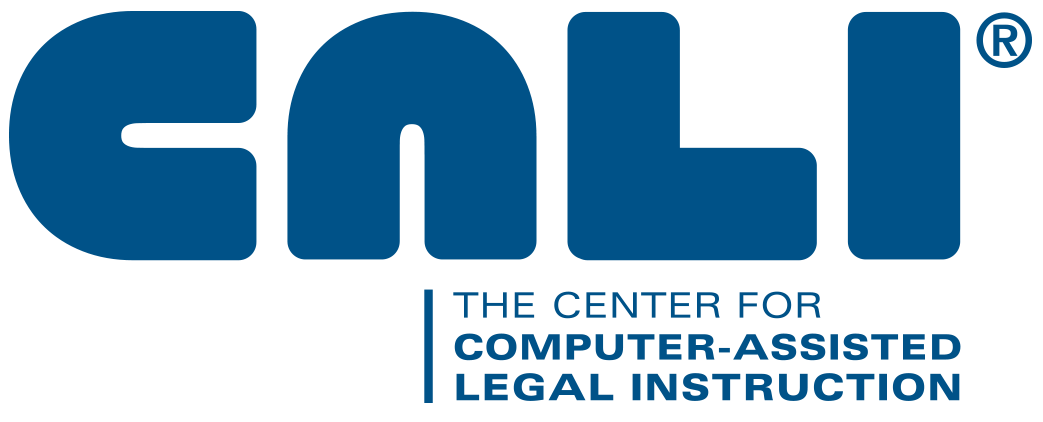Learning Objectives
This unit covers the skills and knowledge required of someone in a professional position, not necessarily a practicing attorney.
Sub-Topic: Cultural Competencies
Lori Berman Ph.D. and Heather Bock Ph.D., Other, Developing Attorneys for the Future: What Can We Learn From the Fast Trackers?, 52 Santa Clara L. Rev. 875 (2012).
Berman et al. discuss the known attributes of “fast trackers,” or individuals who set themselves apart as workplace leaders. Senior partners and the like tend to recognize these high-performing individuals easily, but businesses would benefit from labeling and categorizing early signs of excellence in new and prospective hires. While consensus exists that GPA and law school prestige frequently do not directly correlate with workplace excellence, only recently have more subtle distinctions become measurable. This article discusses such distinctive factors, delineates how they can be noticed early, and prescribes methods to develop the fast trackers’ most desirable traits.
Robert A. Mines, Rachel A. Meyer, Michael R. Mines, Emotional Intelligence and Emotional Toxicity, The Colorado Lawyer, Vol. 33(4), (2004).
“Emotional intelligence” (EI) is an increasingly influential concept in business at large, and lawyers can benefit by developing and applying their EI in the workplace. Abilities to understand others’ emotions, manage one’s own emotions, generate motivation, and handle business relationships all induce efficiency and productivity in business. The benefits of an emotionally intelligent workplace are even greater in law practice, where client relationships frequently represent more than just money. Accordingly, the members of the legal community should heed the recommendations of EI experts.
Sub-Topic: Collaboration and Team Work
Roland B. Smith, The Struggles of Lawyer-Leaders and What They Need to Know, NYSBA Journal, (March-April 2009).
Smith proposes that, in order to excel in the modern law practice environment, lawyers must be effective workplace leaders. This article draws from current research to clearly list some of the most desirable leadership skills for practicing lawyers.
Robert Schrank, Two Women, Three Men on a Raft, Harv. Bus. Rev. (May-June, 1994).
This article discusses workplace collaboration dynamics in the context of a rafting trip, with a special emphasis on the changing nature of gender roles. The author particularly discusses how women can effectively assert themselves, and how men should be aware of the ramifications of particular behaviors.
Verna Monson and Michelle Tichy, Entering Law Students’ Conceptions of an Ethical Professional Identity and the Role of the Lawyer in Society, The Journal of the Legal Profession, Vol. 35(2), 385 (2011).
Verna Monson and Michelle Tichy draw upon empirical research to encourage small (four to five members) group learning techniques as means to educating students academically, ethically, and socially. The authors further promote peer review and coaching as methods for enhanced student assessment. Using the authors’ guidelines, legal educators can foster self-authorship, reflection, and individual accountability among their students.

